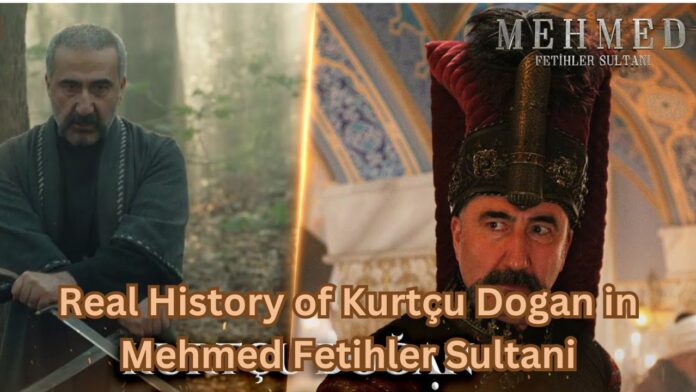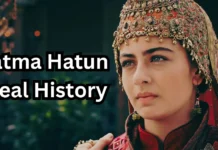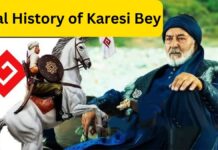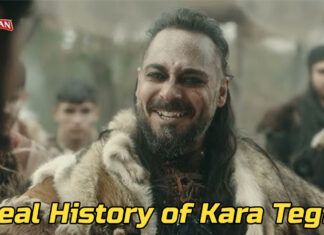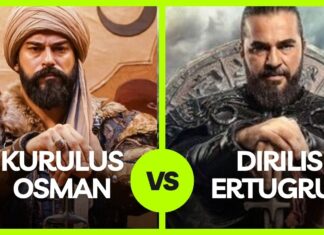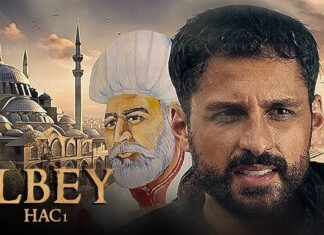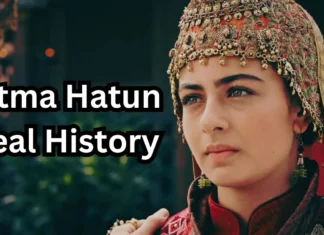Kurtçu Doğan is a lesser-known figure in the Ottoman historical narrative, particularly during the reign of Mehmed II (Mehmed the Conqueror). His name is not widely recognized in mainstream historical sources, but he is often associated with the military and administrative apparatus of Mehmed II’s era.
Background on Mehmed II
Reign and Achievements:Mehmed II was the ruler of the Ottoman Empire for two nonconsecutive terms: the first one was from 1444 to 1446, and the second term was from 1451 till 1481. He is famously remembered for capturing Constantinople in 1453 which signaled the defeat of the Byzantine Empire and enhanced the territory of the Ottoman empire.
Administrative Reforms:Mehmed II also made significant administrative reforms; restructuring the empire’s provincial divisions and military organizations to better manage and control.
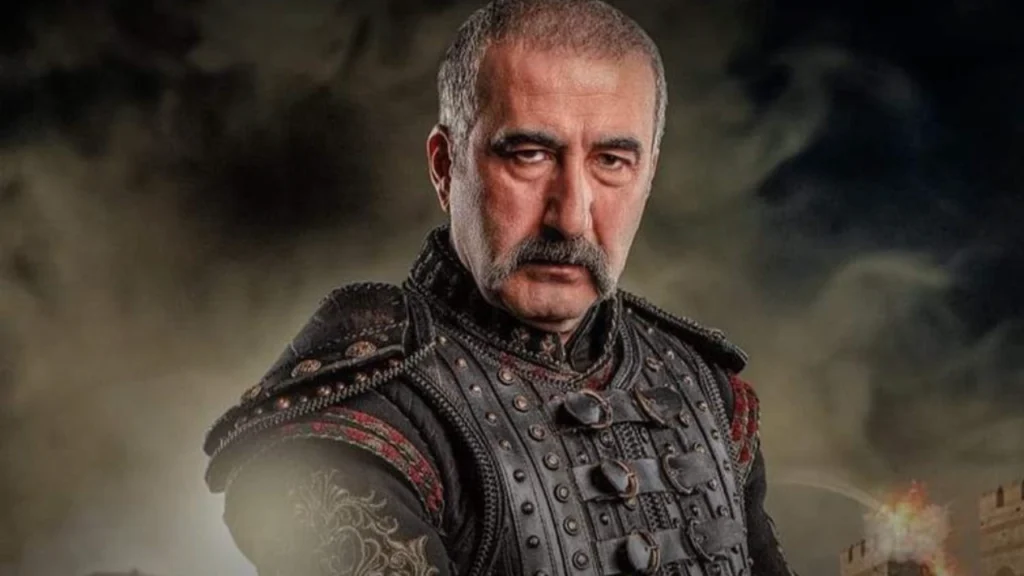
Kurtçu Doğan’s Military Contributions
Role in Military Campaigns: Lacking many specific details about Kurtçu Doğan, it could be conjectured that Kurtçu Doğan was involved in both the campaigns and the administration during the reign of Mehmed II. He could have been a commander or a respected military captain who participated in many campaigns of the sultan such as the one on Constantinople.
Potential Duties:Thus, Kurtçu Doğan may have had the power and function to coordinate or command forces, control supplies or resources, or address and negotiate the terms of warfare in some capacity. They would have formed part of the interventions intended to underwrite Mehmed II’s aggressive military and imperialist aspirations.
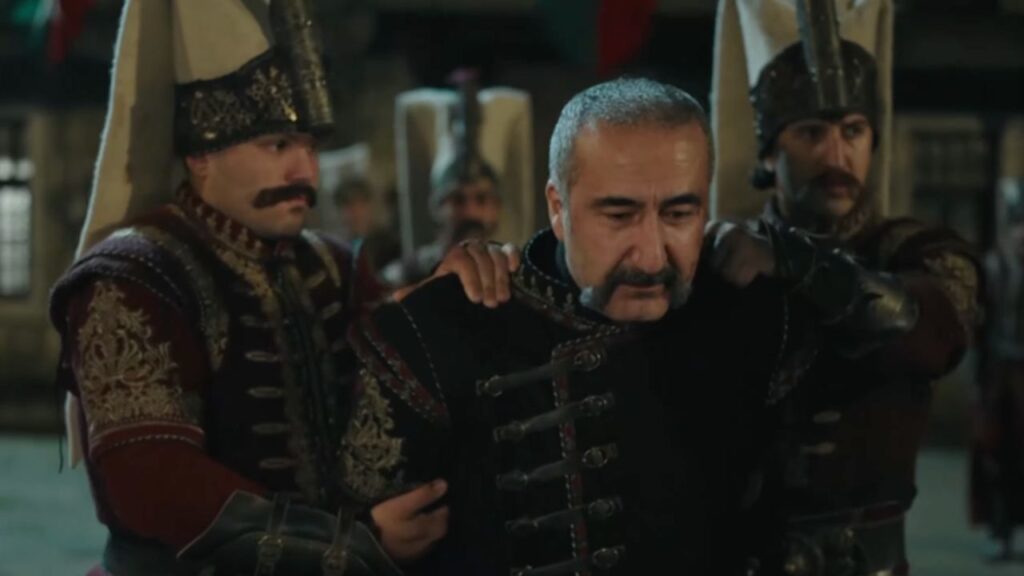
Legacy and Historical Sources
Limited Historical Record: Kurtçu Doğan and other similar figures who were involved in the wars of the time can therefore only be described with limited detail. This information primarily refers to secondary sources and brief references to the broader Ottoman structures within general histories of the Ottoman military and administration.
Death
Kurtçu Doğan was one of them and he died in the later part of Mehmed II’s rule. Concerning his death, the year and month are not certain, yet it is established that he died before the end of Mehmed II’s rule in 1481. His death thus brought an end to one generation of elitists who were closest to the Sultan’s military and political echelon.

